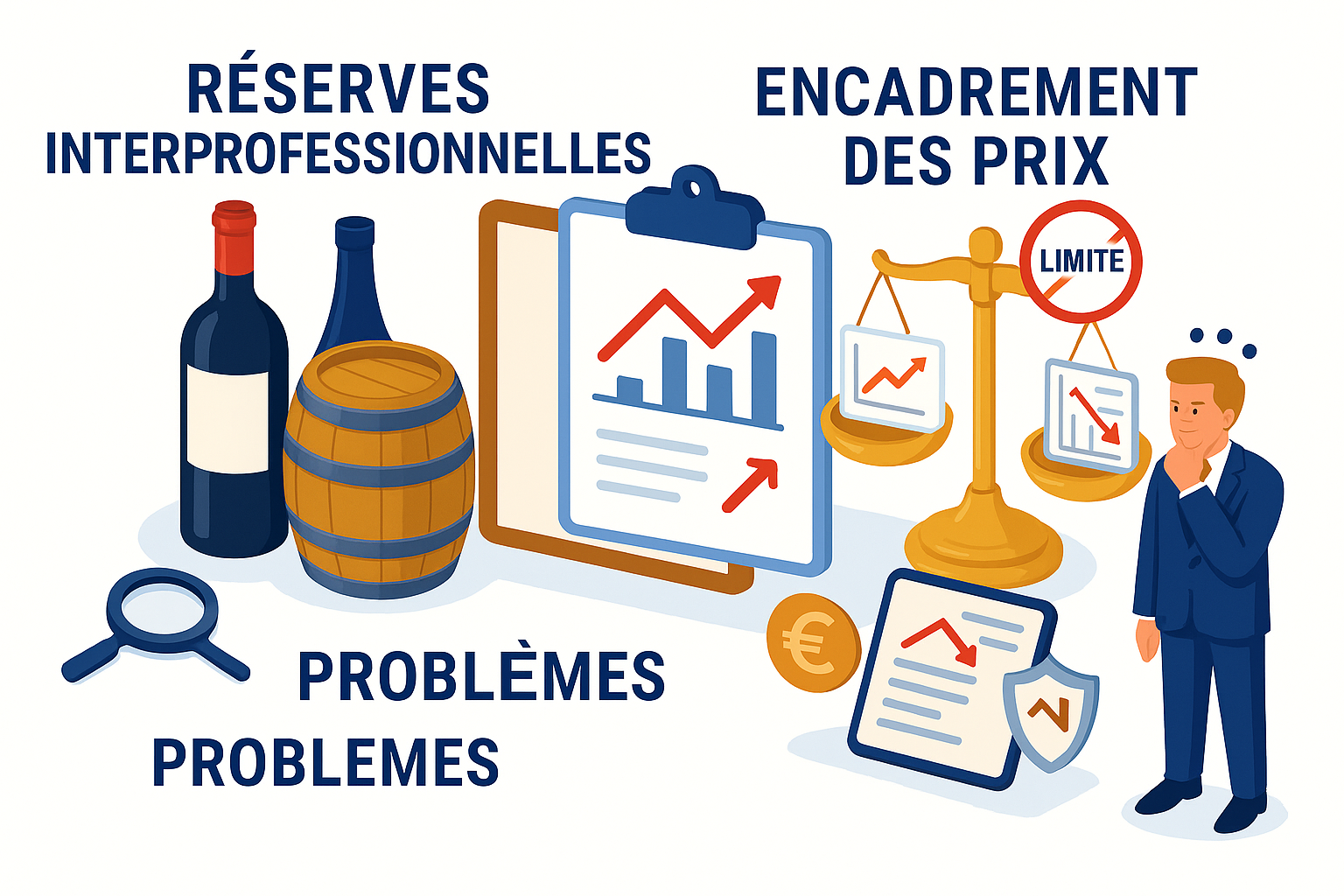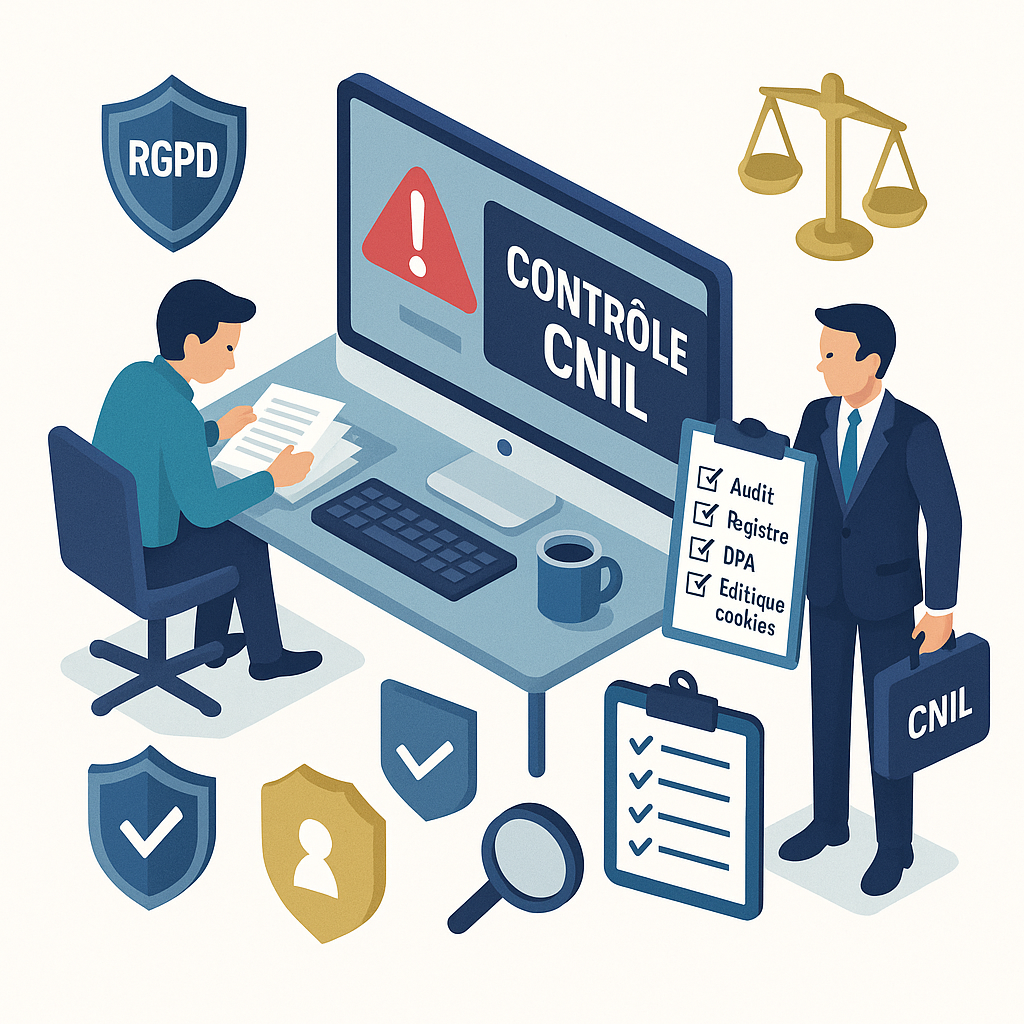Copyright, a fundamental pillar of protection for intellectual creations, is constantly being redefined in the face of technological change, particularly with the rise of video games. The French Supreme Court's recent ruling in the UFC-Que Choisir v. Valve case raises crucial questions about the non-exhaustion of rights to make digital works available. Against a backdrop of increasing dematerialization of cultural exchanges, the ruling underscores the importance of distribution platforms' terms and conditions of use, and highlights the complex legal issues surrounding the resale of video games. Through this analysis, we will explore the legal foundations applied to video games, the implications of this decision on consumer rights and on distribution law in the digital age.
If you're looking for an intellectual property lawyer, contact me!
How does the French Supreme Court interpret copyright for video games?
The French Supreme Court plays a key role in clarifying the legal issues surrounding copyright and video games. Recently, it confirmed the non-exhaustion of the right to make works available to the public, a decision that deserves particular attention. Indeed, the legal qualification of video games lies at the heart of this issue. According to the ruling, video games are considered complex works, encompassing not only software elements, but also graphic, sound and narrative aspects. This approach underlines the importance of recognizing the entirety of the work, rather than reducing it to its software components, thereby complicating the understanding of the rights attached to it.
This interpretation is based on established case law, revisiting the concepts of copyright exhaustion in relation to Directives 2001/29/EC and 2009/24/EC. The French Supreme Court, while respecting the standards set by the European Court of Justice, points out that video games, when made available in digital format, are not comparable to the traditional sale of a physical product. Indeed, the user licenses issued by platforms do not transfer ownership, but only grant a right of use, which calls into question the application of the notion of exhaustion of distribution rights. The implications of this interpretation are not insignificant. They affect not only consumer rights, but also the very structure of online business models. Clauses prohibiting resale, deemed abusive by case law, call into question the balance of power between platforms and users.
The Cour de cassation's decision on the qualification of video games could redefine the legal landscape of copyright in the digital age, signaling a need to re-evaluate existing laws that fail to grasp the growing complexity of these works. This debate on the interpretation of copyright in relation to video games is only just beginning, and calls for in-depth reflection on distribution rights and the future of digital creations in an ever-changing world.
What are the issues surrounding the Steam platform and resale clauses?
The UFC-Que Choisir v. Valve case highlights crucial issues concerning resale clauses in the general terms and conditions of use of video game distribution platforms, in particular Steam. The question of the legality of these clauses is of paramount importance in the context of copyright and intellectual property, as it directly affects the rights of users as consumers.
In this case, the Paris Court of Appeal was asked whether the platform's stipulations complied with the fundamental consumer rights enshrined in the French Consumer Code. This underlines the role of judges in protecting the interests of users, in the face of practices deemed abusive by certain platforms. Resale clauses, as decisive elements of conditions of use, raise the question of the exhaustion of distribution rights for digital works. In this case, the Court of Appeal ruled that Valve's prohibition on resale reflected an illegal practice, by virtue of the principle of exhaustion of rights, which stipulates that once a work has been made available, its owner cannot prohibit its resale, as long as it does not cause prejudice to his or her economic rights. In fact, while making video games available in digital form is an act of sale, the platforms, through their general conditions of use, are seeking to establish more restrictive rights that amount to prohibiting any form of resale. This situation reflects a palpable tension between copyright, which protects creators, and the rights of consumers, who aspire to a certain freedom of action with the products they acquire.
The Cour de cassation's decision is also based on economic considerations, in response to the evolution of video game consumption patterns. The platformization of the video game sector is leading to a concentration of power within a few major players, such as Valve, increasing the need for regulation in order to guarantee a balance. Court decisions handed down in this context will have repercussions on the way platforms structure their business models, impact consumer rights, and influence future jurisprudence on copyright applied to complex works. As a result, the issue of the resale of video game access rights continues to be a hotly debated topic, inviting lawyers, consumers and publishers to rethink their approaches in this new digital ecosystem.
What are the implications for the distribution rights of complex works in the digital age?
The French Supreme Court's ruling on the non-exhaustion of video game distribution rights has important implications for the way complex works are perceived and regulated in today's digital environment. With the rise of distribution platforms, making video games available in dematerialized format poses new legal challenges and raises questions about copyright protection.
The qualification of video games as complex works, encompassing both software elements and artistic creations, changes the landscape for the regulation of distribution rights. By affirming that video games cannot be reduced to their software component, the French Supreme Court has opened the way to a broader interpretation of copyright applied to multimedia works. As a result, the application of the rules governing the exhaustion of distribution rights has become more complex. The distinction between the making-available right and the distribution right, particularly in view of the dematerialized nature of these works, requires particular attention from lawyers and regulators. The position adopted by the French Supreme Court underlines the fact that users do not enjoy the same rights as those attached to physical works, which places them in a precarious situation. If the making available of a video game in digital form is considered to fall within the scope of a making-available right, this calls into question consumers' traditional expectations regarding their resale rights.
In addition, this decision confirms the growing importance of the general conditions of use imposed by platforms. These conditions, often deemed abusive, can potentially reduce consumer rights to the benefit of distributors' economic interests. Indeed, platforms, through their market power, are in a position to condition access to and use of video games, thereby limiting consumer freedom. The implications of this situation are twofold: on the one hand, it highlights the need for appropriate regulations to protect consumer rights in the face of practices deemed to dominate the digital landscape.
On the other hand, it highlights the need for in-depth reflection on the legal nature of complex works in the age of dematerialization. The Cour de cassation, while remaining faithful to the principles of copyright, opens up an inescapable debate on how legislation must evolve to adapt to market realities.
As such, this ruling could mark a turning point in the way copyright is interpreted and applied to digital works, prompting an urgent call for legislative innovation to meet contemporary challenges. This is not the end of the story, however, and calls for an ongoing analysis of the evolution of distribution rights for both creators and consumers in a constantly changing environment.




